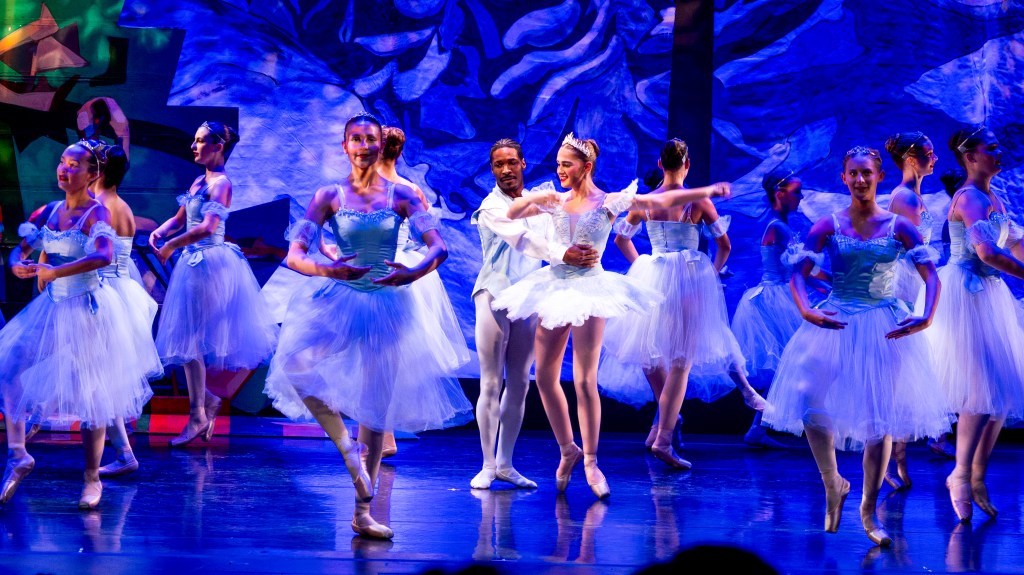Christian Scheider's Amagansett Film Series Is Back

From the outside, it might seem like a no-brainer: A filmmaker takes a stage play and turns it into a film. After all, plays and films share a lot of characteristics—both art forms usually employ actors, dialogue, sets and props to tell a story. Traditionally, audiences have experienced both plays and films while seated in theater spaces. You might imagine that what works live on a stage should work as well, or even better, projected on a screen.
And yet, it doesn’t work that way. Think of some great works of the stage, and then think of how many of those have been turned into great films. You won’t find too many. Why is that? What are the factors that make it a challenge to get a play to click as a flick?
This summer, filmmaker, writer and actor Christian Scheider, son of the late actor Roy Scheider, is hosting a film series at the Amagansett Free Library to consider these questions. Of course, Scheider has chosen a collection of what he considers to be artistically successful screen adaptations of plays.
“I’m showing films that offer something that a play maybe can’t,” says Scheider. For example, one of the films in the series is Ralph Fiennes 2011 adaptation of Shakespeare’s Coriolanus, one of Shakespeare’s darker and more violent tragedies. Violence and warfare, Scheider suggests, have more impact in a film, as close-ups can convey the visceral impact of pain. “In this case, I feel like the film does more with the play than a stage production could.”
To be sure, Coriolanus is not the household name among Shakespeare’s plays that, say, Hamlet is, and this relative obscurity is most likely the result of Coriolanus’s problematic elements that cause the play to be infrequently produced. It could be that the medium of film solves some of the play’s problems, allowing audiences to appreciate it in a new way.
When it comes to 1992’s classic film Glengarry Glen Ross, an adaptation of the David Mamet play, Scheider speaks of the technical. “The film’s sound design is so detailed,” he says. The amplification of quiet sounds—Alec Baldwin taking off his watch, Jack Lemmon desperately whispering to his boss, the creaking of cheap office furniture—serves to heighten the claustrophobia of Mamet’s distinctive style.
Scheider plans to ponder film’s effect on all of the adaptations in the 6 film series. It kicks off Wednesday, July 5 with Denzel Washington’s 2016 adaptation of August Wilson’s play Fences. Coriolanus screens on Wednesday, July 12, and Glengarry Glen Ross on July 19.
The series continues on Wednesday, August 2 with the 1961 adaptation of Lorraine Hansberry’s A Raisin in the Sun, starring Sidney Poitier. On Wednesday, August 9 it’s 1967’s Marat/Sade, based on the play by Peter Weiss. (This one is not for all ages.) The series concludes on August 16 with the 2006 adaptation of Tracy Letts’s Bug. All screenings begin at 7 p.m.
Scheider is excited about this summer’s series—he ran a series at the Amagansett Free Library last summer, and was very pleased with the response. “I think libraries are one of the most underutilized resources we have in our society,” Scheider says. “I’m committed to providing serious and fun cultural offerings for everyone. Libraries are a place where art can have a life irrespective of market forces.”
Speaking of art and film, Scheider is very hopeful that the effort to resurrect the Sag Harbor Cinema will be successful—some may remember that his mother, Brenda Siemer, was instrumental in restoring the Cinema’s neon sign. Scheider hints that he might perform a dance routine as part of the fundraising efforts, so be on the lookout for that!
The Amagansett Free Library is at 215 Main Street, Amagansett. For more information on this film series visit amaglibrary.org or call 631-267-3810.









